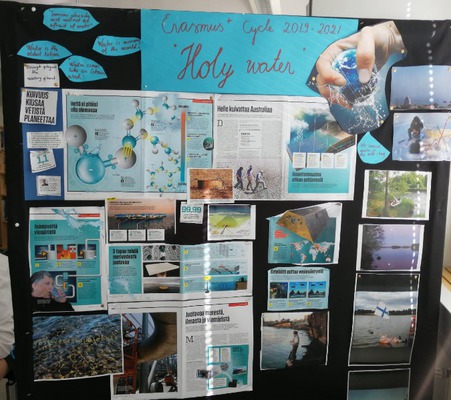
Students work on a project over an extended period of time that engages them in solving a real-world problem or answering a complex question. They demonstrate their knowledge and skills by creating a public product or presentation for a real audience.
As a result, students develop deep content knowledge as well as critical thinking, collaboration, creativity, and communication skills.
Characteristics of Project Based Learning
- Inter-disciplinary
- Rigorous
- Student-centered
Here are 3 reasons to incorporate PBLs:
- PBL is a multidisciplinary pedagogical approach that provides meaningful learning opportunities.
- PBL helps build 21st-century skills students need to succeed. They use their capacity for critical thinking, communication, collaboration, and creativity, also known as the Four Cs of 21st-century learning.
- PBL provides opportunities to engage students in real-world learning. PBL is a great opportunity to engage students in authentic projects
OUR PBL
Project teams in each partner school formed by pupils and teachers selected to participate in the project activities, will develop a project, using
problem based learning method – PBL, structured in two thematic modules:
This is the First module of our PBL:
The philosophy of water (the sacred dimension) :
- water in cosmogonic scenarios.
- water in folk rituals, in religious rituals
- water symbols.
- water of baptism and flood water.
- wisdom of water: syntagms, sayings, proverbs.
The results of this task – making a BROCHURE containing descriptions, stories and drawings to be shown on the project corner of each school and it will be uploaded to our common Twin Space.(With this activity we are developing the objectives 1,2,5 and 6, of the project.)
ARE YOU READY????
Holy Water from Finland

Magazine- The philosophy of water.pdf
Water in religious and non religious festivals
Water-Mythological story- Spain
Water in Christianity- Spain
Uses of water- 3ºESO-Spain